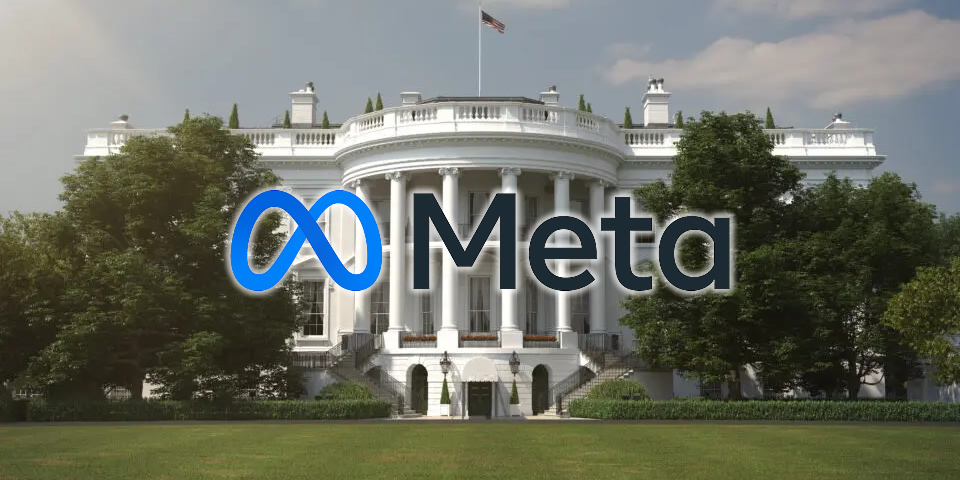Kicking Off a Government AI Party
Holy moly, Meta just scored a major touchdown! The U.S. General Services Administration (GSA) gave them the green light to sling artificial intelligence services to federal agencies. That’s right—Meta’s now rubbing shoulders with big dogs like xAI and OpenAI as an official AI vendor for the government. This means federal folks can tap into Meta’s slick AI tools to jazz up their operations and spark some serious innovation. Think Meta’s Llama models, which have already been flexing their muscles in national security gigs and even chilling on the International Space Station, crunching data like nobody’s business. This move is a high-five to the U.S. government’s AI Action Plan, which is all about keeping America the cool kid in global AI development. Oh, and Meta’s dropping a casual $65 billion into AI projects in 2025—talk about going all in for the public sector!

Why Meta’s Open-Source AI is a Game-Changer
Meta’s Llama models are like the Swiss Army knife of AI—open-source, flexible, and ready to roll. For government agencies, this is a big deal. They get total control over data processing and storage, which is clutch for meeting those super-strict federal rules. Unlike those walled-garden proprietary systems, Llama’s open-source vibe keeps costs low, letting tech teams build and scale AI apps without breaking the bank. That’s a win for taxpayers who don’t want their hard-earned cash frittered away. Plus, the GSA made things easy by fast-tracking the approval process, skipping the usual procurement headaches and just making sure Llama plays nice with federal standards. But, let’s be real—getting AI into government systems isn’t a walk in the park. Regulations can be a buzzkill, slowing down the tech party. Still, Meta’s tools are like the ultimate playlist—flexible, scalable, and perfect for modernizing government ops while keeping things secure and transparent.
Bumps in the Road, But the Future’s Bright
Yes, repackaging a government bureaucracy is not an easy process, whether at Meta or anywhere else. For instance, it is as tough as teaching a cat to fetch—the regulations are still essential for making things legitimate, but they tend to sour when there is new technology to adopt. Elon Musk has thrashed all around regarding these roadblocks put up by the government, and he is not wrong-the change does not come easy. The benefits of Meta's AI solutions, however, are more like your good friend who keeps on supporting someone with these really useful and energetic things. By teaming up with the feds, Meta’s gunning for contracts that could shake things up in a big way. The catch? It’s all about how well agencies can adapt Meta’s tech to their wild and varied needs. As Meta keeps pumping up its AI game, it’s got a real shot at rewriting the playbook for public services, making government work smarter, not harder.
































